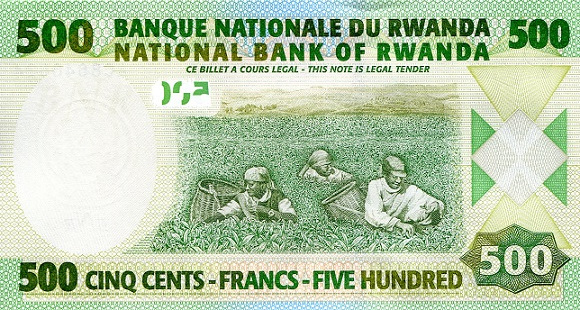I’m happy to report on a new co-authored paper that I have out. The piece asks what difference changing connectivity has made for East African firms. The piece emerges from a multi-year study on Development and Broadband Internet Access in East Africa that evolved into the current ‘Geonet‘ project.
Foster, C., Graham, M., Mann, L., Waema, T., and Friederici, N. 2017. Digital Control in Value Chains: Challenges of Connectivity for East African Firms. Economic Geography. 94(1) 68-86.
Summary
In recent years, Internet connectivity has greatly improved across the African continent. This article examines the consequences that this shift has had for East African firms that are part of global value chains (GVCs). Prior work yielded contradictory expectations: firms might benefit from connectivity through increased efficiencies and improved access to markets, although they might also be further marginalized through increasing control of lead firms. Drawing on extensive qualitative research in Kenya and Rwanda, including 264 interviews, we examine 3 sectors (tea, tourism, and business process outsourcing) exploring overarching, cross-cutting themes. The findings support more pessimistic expectations: small African producers are only thinly digitally integrated in GVCs. Moreover, shifting modes of value chain governance, supported by lead firms and facilitated by digital information platforms and data standards are leading to new challenges for firms looking to digitally integrate. Nevertheless, we also find examples in these sectors of opportunities where small firms are able to cater to emerging niche customers, and local or regional markets. Overall, the study shows that improving connectivity does not inherently benefit African firms in GVCs without support for complementary capacity and competitive advantages.
Related work
Foster, C. and Graham, M. 2017. Reconsidering the Role of the Digital in Global Production Networks. Global Networks. 17(1) 68-88 DOI: 10.1111/glob.12142.
Friederici, N. Ojanperä, S., and Graham, M. 2017. The Impact of Connectivity in Africa: Grand Visions and the Mirage of Inclusive Digital Development. Electronic Journal of Information Systems in Developing Countries. 79(2) 1-20.
Mann, L and Graham, M. 2016 The Domestic Turn: Business Process Outsourcing and the Growing Automation of Kenyan Organisations. Journal of Development Studies 52:4, 530-548, DOI: 10.1080/00220388.2015.1126251.
Graham, M., Mann, L., Friederici, N. and Waema, T. 2016. Growing the Kenyan Business Process Outsourcing Sector, The African Technopolitan. 5 93-95
Graham, M. 2015. Contradictory Connectivity: Spatial Imaginaries and Techno-Mediated Positionalities in Kenya’s Outsourcing Sector. Environment and Planning A 47 867-883 (pre-publicaion version here).
Mann, L., Graham, M., and Friederici, N. 2015. The Internet and Business Process Outsourcing in East Africa. Oxford Internet Institute Report, Oxford, UK.

